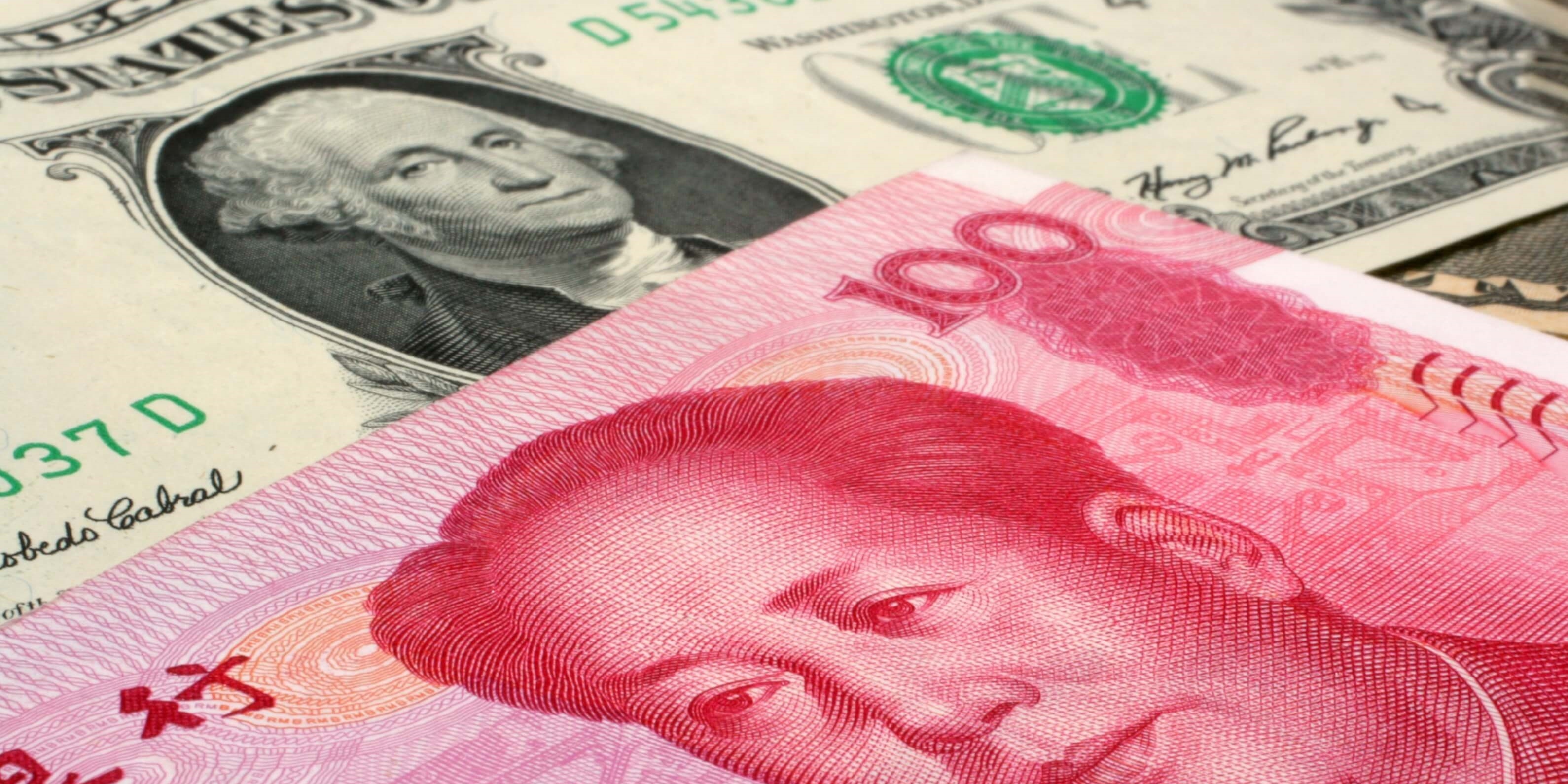
What are we to make of the recent events surrounding China?
The bursting of their stock market bubble; the slowing growth; the devaluation of the yuan; last week’s state visit to the US by Premier Xi Jinping. I am not an astute follower of China or international monetary policy, however, my observations of these events and recent news articles have led me to be cautiously optimistic about the future relations between America and China. My view is that economic self-interest drives international and intranational relationships.
Competition and self-interests can cause conflict or yield cooperation. Where economic self-interests among nations are in alignment, cooperation and mutual success can be realized. The growth of China’s economy and its GDP as a percentage of the global GDP has reached a point where their economic power and influence are nearly on par with America’s. In 2007, Niall Ferguson and Moritz Schularick coined the term “Chimerica” to describe the “symbiotic relationship between China and America that was increasingly dominating the global economy”. In a recent Op-Ed article in the Wall Street Journal, Ferguson observed “For the first time in financial history, a sneeze in Shanghai gave Wall Street – and almost every other stock market a cold.” Both countries are increasingly aware or their economic interdependence. China’s policy of keeping its currency weak and investing savings in American dollars has helped keep our interest rates low for some time. China is aware of the impact of its recent devaluation of the yuan on America’s exports and of the Fed’s signal on raising US interest rates. All of this has caught the attention of both countries’ central banks.
I view the recent news cited above as a continuation of the alignment of both countries’ economic interests and therefore a positive step towards a better relationship and further cooperation. Premier Xi Jinping’s visit last week was a state visit with full diplomatic status and protocol with a state dinner hosted by President Obama for him. In advance of his visit, the Chinese announced numerous initiatives aimed at reform and economic cooperation. The multi-billion dollar deal to purchase Boeing planes was one of the highlights. Both leaders did not dismiss their differences but they were careful to publically signal willingness to work on them. Cyber warfare, currency devaluation and tensions around China’s island building in the South China Sea are some of the significant barriers that need to be addressed. Recent press reports on initiatives sponsored by Mr. Xi in the face of slowing economic growth are a positive sign that he is serious about reform. These include allowing private investment in state owned companies which is aimed at making these companies more accountable, competitive and productive. It is yet to be determined if reforms will include closing down underperforming companies and loosening rules that limit competition from private companies.
Much of this is good news. It will be challenging to keep the positive momentum and there will be bumps, however, the increasing economic interdependence can keep progress on track.
Mr. Ferguson is a history professor at Harvard and a senior fellow at Stanford’s Hoover Institution

